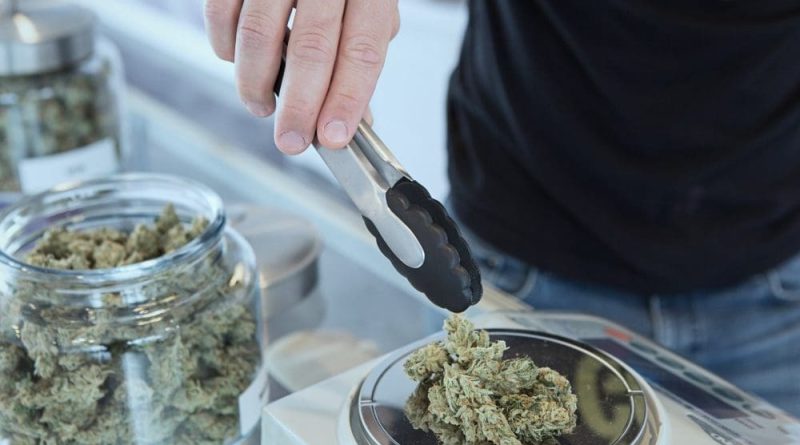Delaware Officials Scramble To Amend Marijuana Law Following Feds’ Rejection Of FBI Background Check Code Request
From toxifillers.com with love
The FBI has rejected a revised request from Delaware officials to create a fingerprint background check system for would-be marijuana industry workers. Officials are now scrambling to amend the state’s cannabis law in an attempt to avoid further delaying the launch of the adult-use market.
While state regulators have been planning to license the first recreational cannabis businesses in April—about two years after the legislature approved a pair of legalization bills—the enacted statute requires the background checks to be in place first.
The Office of the Marijuana Commissioner (OMC), which is responsible for regulating the market, said it worked with the State Bureau of Identification and the Delaware Department of Justice to obtain an FBI service code that’s needed to establish the background check system.
But their latest request was denied on Friday due to issues the federal agency identified with respect to the state statute.
“After review of the authorizing statute, the FBI advised that Title 4 of the Delaware Code must contain language explicitly identifying the categories of persons required to obtain a background check. This specificity is necessary to avoid overbreadth,” OMC said, adding that it will “work expeditiously with the General Assembly to develop proposed legislation containing criteria that is satisfactory to the FBI.”
Marijuana remains illegal at the federal level, but FBI has previously granted a fingerprinting background system for Delaware’s medical cannabis program. But until they secure another for the adult-use program, the market launch appears to be on hold.
Late last year, OMC held a series of licensing lotteries for cannabis business to start serving adult consumers.
A total of 125 licenses will ultimately be issued, including 30 retailers, 60 cultivators, 30 manufacturers and five testing labs. Last year, regulators also detailed what portion of each category is reserved for social equity applicants, microbusinesses and general open licenses.
Regulators have also been rolling out a series of proposed regulations to stand up the forthcoming adult-use cannabis industry.
—
Marijuana Moment is tracking hundreds of cannabis, psychedelics and drug policy bills in state legislatures and Congress this year. Patreon supporters pledging at least $25/month get access to our interactive maps, charts and hearing calendar so they don’t miss any developments.![]()
Learn more about our marijuana bill tracker and become a supporter on Patreon to get access.
—
Meanwhile, former Gov. John Carney (D) raised eyebrows in January after making a questionable claim that “nobody” wants cannabis shops in their neighborhoods, even if there’s consensus that criminalization doesn’t work.
The then-governor last year signed several additional marijuana bills into law, including measures that would allow existing medical cannabis businesses in the state to begin recreational sales on an expedited basis, transfer regulatory authority for the medical program and make technical changes to marijuana statutes.
The dual licensing legislation is meant to allow recreational sales to begin months earlier than planned, though critics say the legislation would give an unfair market advantage to larger, more dominant businesses already operating in multiple states.
In October, Carney also gave final approval to legislation to enact state-level protections for banks that provide services to licensed marijuana businesses.
Delaware’s medical marijuana program is also being significantly expanded under a law that officially took effect last July.
The policy change removes limitations for patient eligibility based on a specific set of qualifying health conditions. Instead, doctors will be able to issue cannabis recommendations for any condition they see fit.
The new law also allows patients over the age of 65 to self-certify for medical cannabis access without the need for a doctor’s recommendation.
Maine Lawmakers Take Up Bill To Legalize Possession And Use Of Psilocybin By Adults


